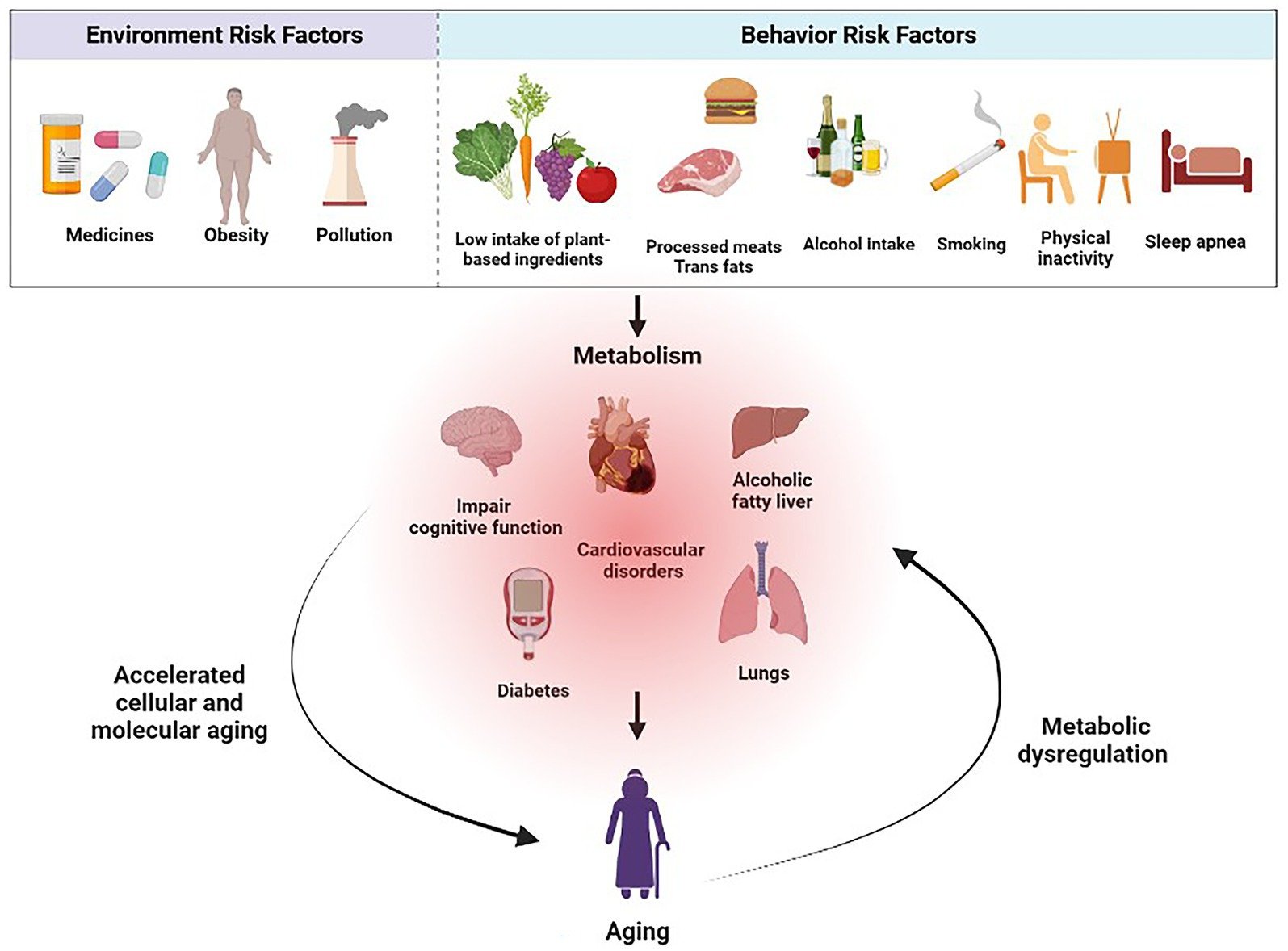Metabolic diseases encompass a diverse range of conditions disrupting the body’s ability to process food into energy, affecting the intricate system of chemical reactions vital for life, growth, and repair. Common disorders include Type 2 diabetes mellitus, obesity, Gaucher’s disease, phenylketonuria, and more. These conditions often present symptoms such as fatigue, weight fluctuations, and nausea.
In India, metabolic diseases pose a substantial health threat, with studies indicating a high prevalence of metabolic syndrome in urban populations. This syndrome, characterized by abdominal obesity, high blood pressure, and abnormal lipid levels, significantly elevates the risk of heart disease, stroke, and diabetes.
Dr. Vikramjeet Singh, Senior Consultant, Internal Medicine, emphasizes the multifactorial nature of metabolic diseases, influenced by lifestyle choices, genetics, and organ function. Prevention strategies involve maintaining a healthy diet, body weight, abstaining from alcohol and smoking, and considering medications for insulin or thyroid issues. Additionally, prioritizing restorative sleep is crucial, as insufficient sleep may heighten the risk of developing metabolic syndrome.
Addressing the rising prevalence of metabolic diseases in India necessitates comprehensive public health interventions, focusing on promoting physical activity, adopting healthy eating habits, and encouraging regular health check-ups for early identification and management of these conditions.



